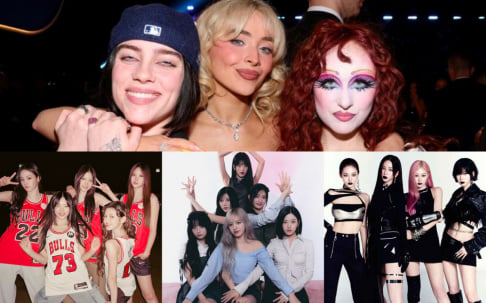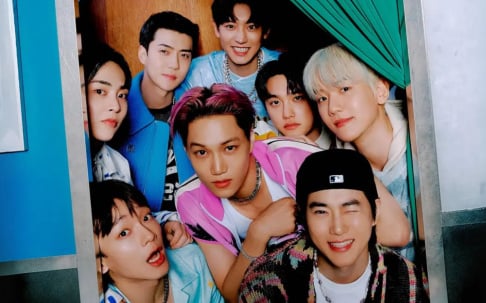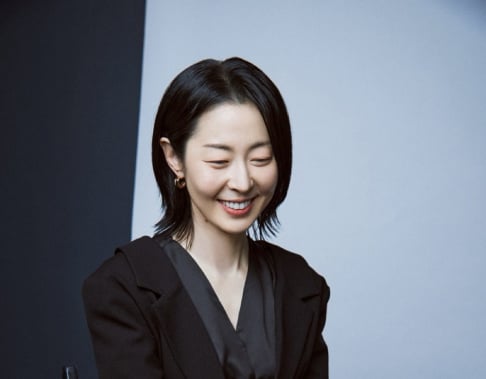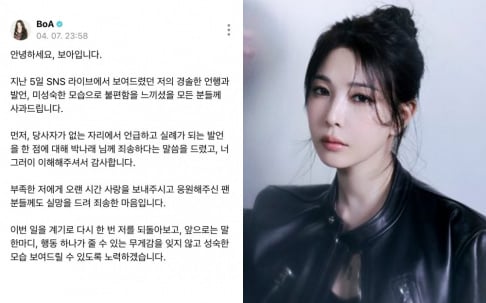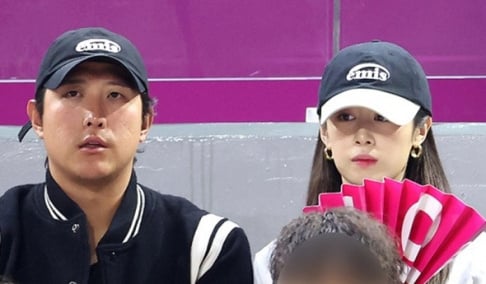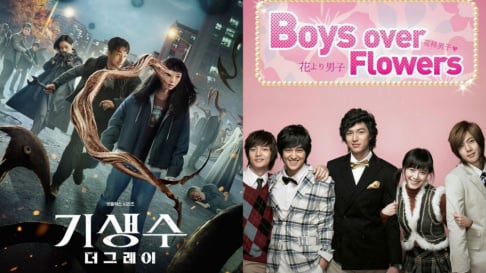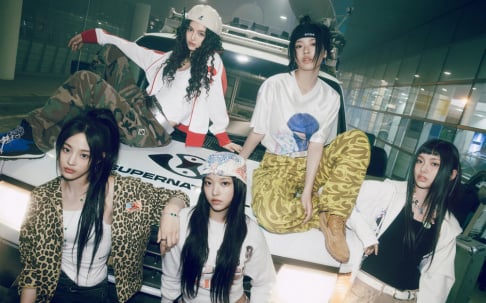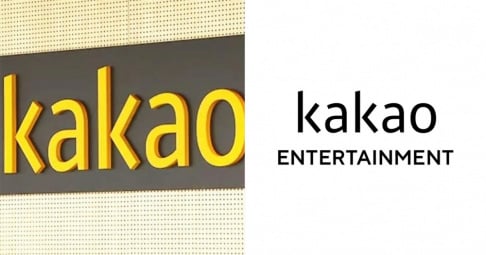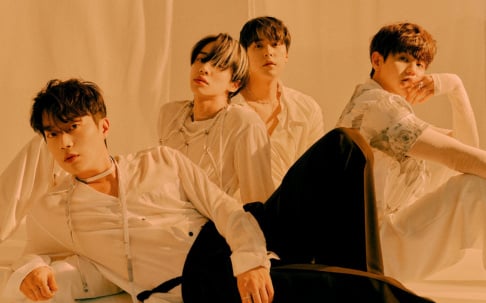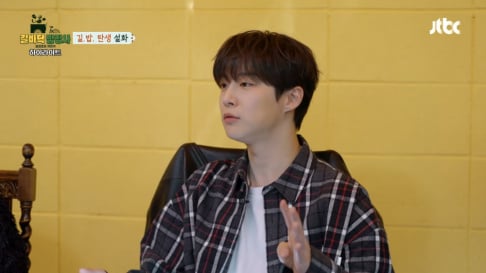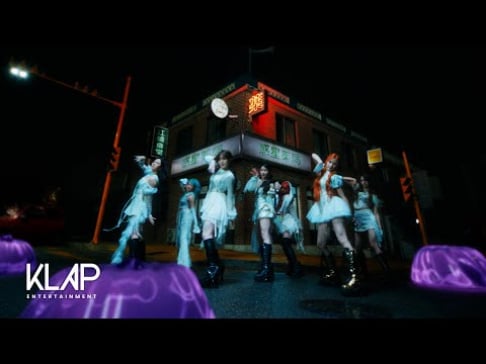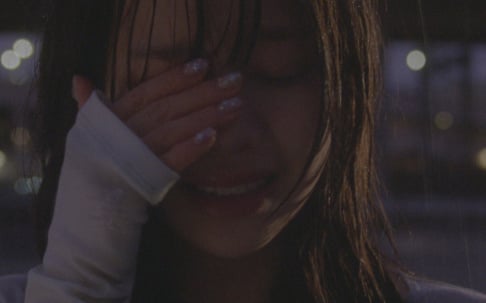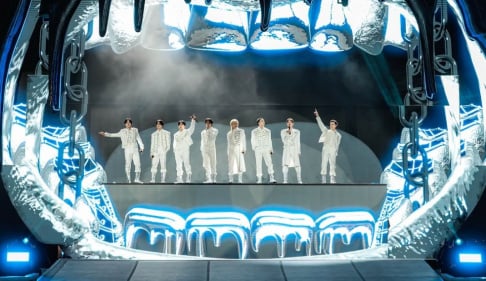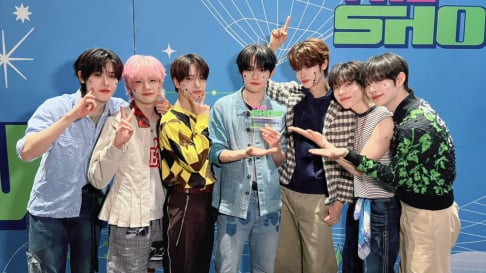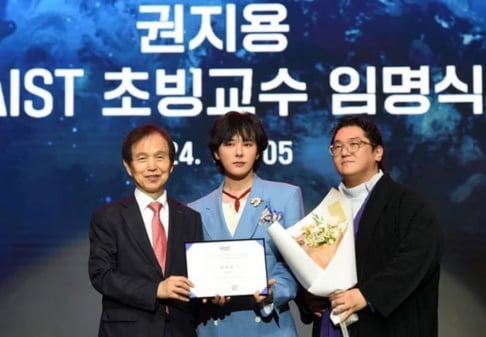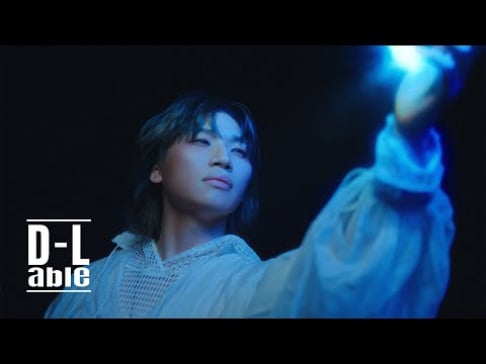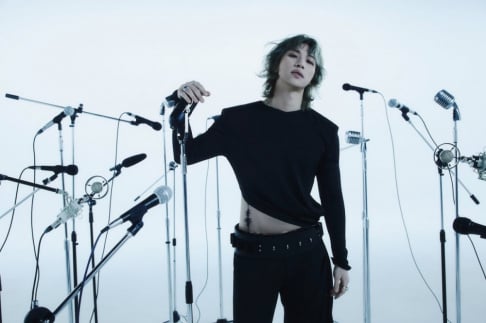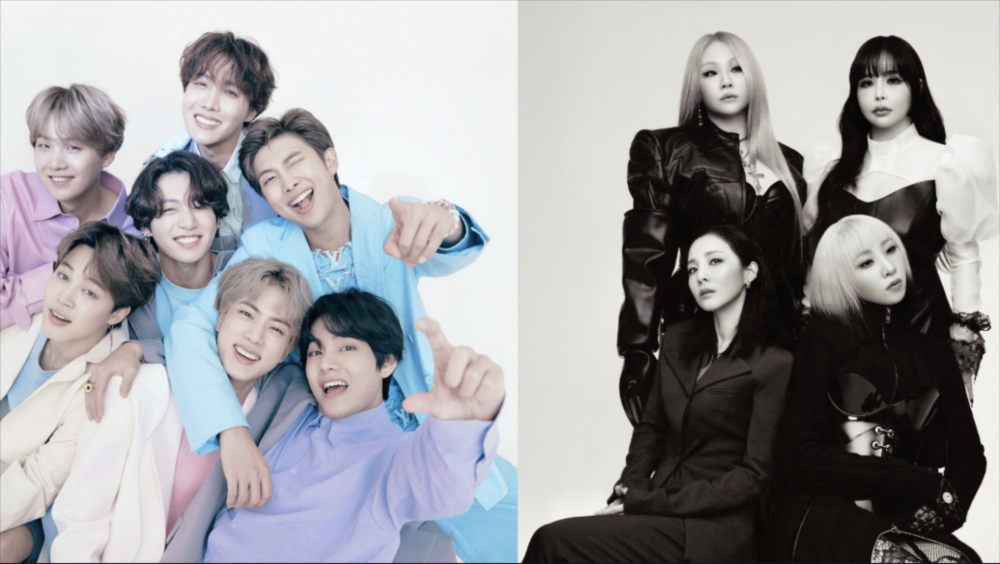
In many cultures, the number seven is synonymous with luck and fortune. However, in the K-Pop world, it has come to represent something entirely different—the infamous “seven-year curse.” Traditionally, this curse has dictated that an idol group’s career lasts roughly seven years as idols usually sign a seven-year contract with the companies when debuting. After this period, many groups disband or see members pursuing solo ventures. Yet, as trends in the industry evolve, the fate of this so-called curse is being reconsidered.
Despite the looming threat of the curse, a growing number of groups are staging impressive comebacks even after their initial run. In recent years, several iconic acts have defied industry expectations and rekindled their musical journeys with remarkable success. For instance, legendary groups such as 2NE1 and G-Friend have reunited, tapping into the deep reservoir of nostalgia among long-time fans while simultaneously captivating a new generation with their evolved sound and stage presence. Their returns have not only revitalized their personal legacies but also reinvigorated the broader K-pop scene, proving that a well-crafted comeback can bridge the gap between past glory and contemporary appeal.
More recently, GOT7 has made a notable return, reintroducing their signature energy and dynamic performances to the world stage. Their resurgence is emblematic of a wider trend within the industry where former boundaries are being challenged and the notion of a fixed career lifespan is gradually dissolving. Alongside these modern acts, veteran groups like BABY V.O.X. have also stepped back into the spotlight. Their reunion during end-of-year celebrations was more than just a nostalgic nod to the past—it was a demonstration of enduring artistry and the timeless appeal of classic hits, reimagined for today’s audience.
Moreover, the global expansion of K-pop fandom has played a crucial role in extending the careers of these idol groups. With a burgeoning international fanbase that spans multiple continents, the market has grown far beyond its original confines, providing artists with unprecedented opportunities for sustained success. Apink stands as a shining example of this shift, having defied the odds and built a lasting legacy through consistent innovation and strong fan engagement. Similarly, BTS's recent contract extension for another decade is a testament to their groundbreaking influence and the trust placed in them by both fans and industry stakeholders.
One cannot ignore the rapid pace at which trends shift in the K-Pop industry. The constant demand for fresh and innovative content means that even well-established groups may struggle to maintain the interest of newer, younger fans. It is a harsh reality: as groups age, their appeal can wane among the core demographics that drive fandoms.
In conclusion, while it remains true that many idol groups eventually face the end of their initial journey, an increasing number are breaking free from the seven-year curse. With the evolving landscape of the industry, bolstered by dedicated global fanbases and innovative comeback strategies, it appears the "seven-year curse" is a thing of the past.
SEE ALSO: Netizens react to Jennie's risqué magazine covers with HOMME Girls
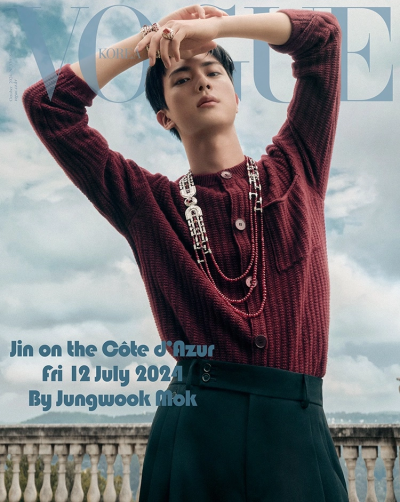

 SHARE
SHARE
